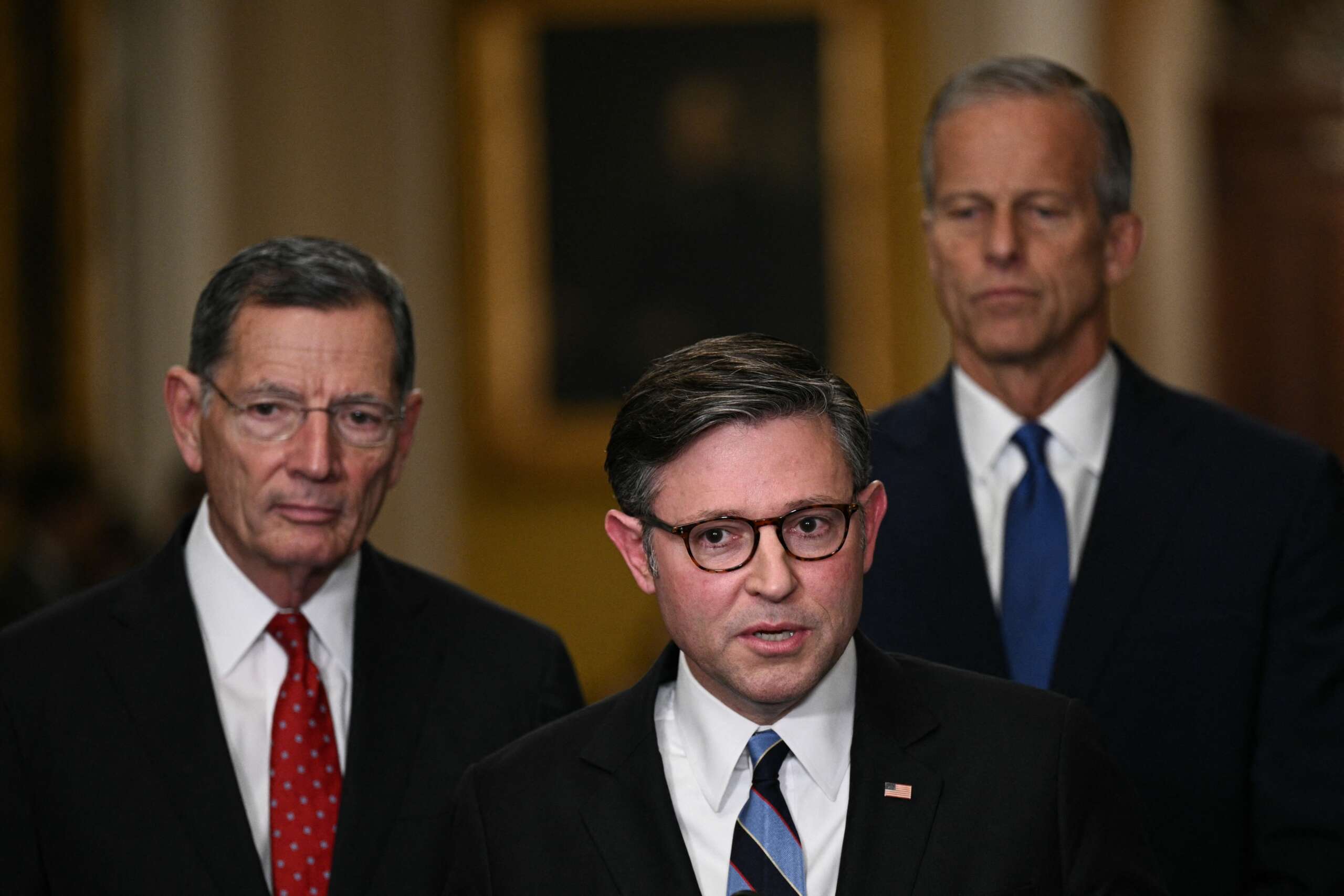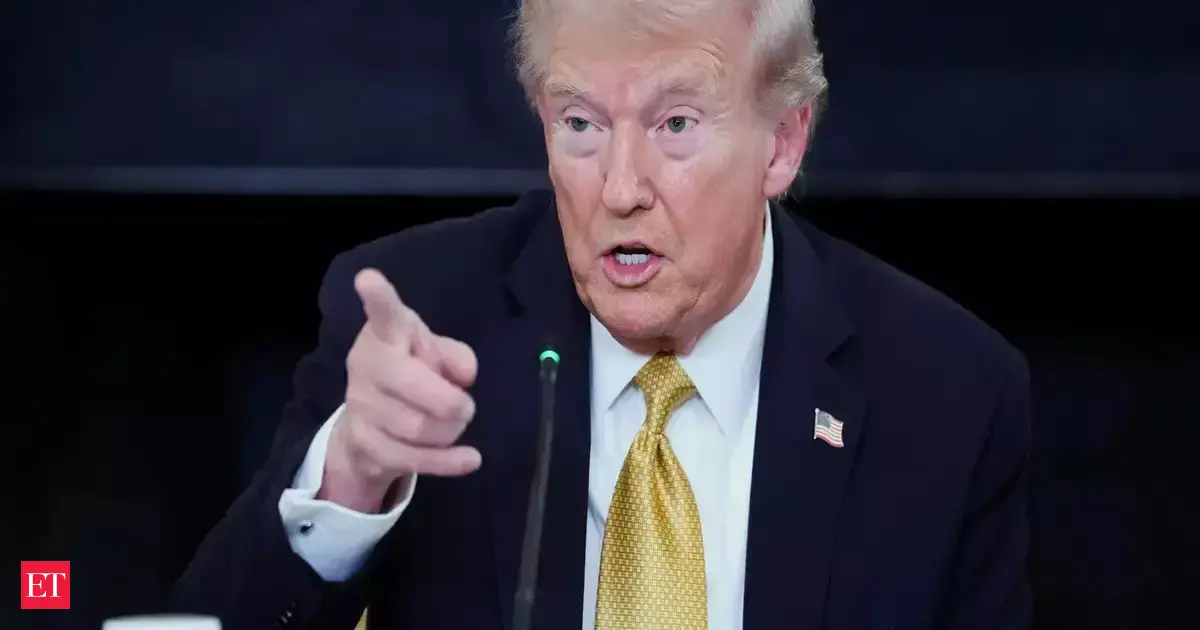Copyright truthout

There’s a popular and recurring chant that echoed throughout the recent No Kings protests several weeks ago: “This is what democracy looks like.” But on Capitol Hill over the past four weeks, during a protracted government shutdown, Republicans have been displaying the opposite. The quiet, moribund center of American government looks anything but like a democracy. The deserted hallways and empty offices portend something radically different: a future where the messy work of legislating on behalf of the public is replaced by the whims of a ruling oligarchy. In other words, Republicans are showing us what autocracy looks like. To understand why, and the implications for the body politic, it’s critical to recount how their handling of the ongoing shutdown has been remarkably anti-democratic. It began when Democrats refused to vote for a continuing resolution to fund the government last month. Democrats wanted Republicans to reauthorize expiring Obamacare tax credits, subsidies enacted during the pandemic to make insurance premiums more affordable for millions of Americans. Republicans allowed them to lapse in the so-called “Big Beautiful Bill.” Democrats have called the end of these credits a crisis. The Congressional Budget Office estimates that 2.2 million people will lose health insurance if the subsidies aren’t renewed. But instead of getting to work and negotiating, House Speaker Mike Johnson sent the entire legislative body home. It was not just an impractical move; it made the possibility of brokering any kind of deal exponentially more difficult. Importantly, many of Johnson’s own constituents depend on the very programs his party has refused to fund. His district has one of the highest percentage of Medicaid recipients for a Republican controlled district in the country. Obamacare, along with its attendant subsidies, remains popular in his own backyard. Still, Johnson has stubbornly refused to reopen the House so lawmakers capable of forging a deal can actually meet. Instead, he has maligned the ACA credits as a “boondoggle for illegal immigrants” and kept Capitol Hill on lockdown. Compounding this paralysis, Johnson has stepped aside as Donald Trump has sought to punish anything remotely tinted blue. The administration has slashed funds appropriated by Congress for projects in Democratic states, including critical infrastructure work on a 150-year-old train tunnel connecting New Jersey to Manhattan. Trump has also declared that “Democratic agencies” would be axed as well. Federal workers are also on the chopping block. Office of Management and Budget head Russell Vought has terminated thousands of federal employees — a sharp break from past shutdowns, when workers were merely furloughed until the government reopened. In other words, Republicans are governing by parsing and punishing. They are telegraphing a future where elections become less and less integral to deciding who holds power. Part of this confidence comes from structural advantages. The Supreme Court appears poised to strike down Section Two of the Voting Rights Act — a ruling that could hand conservatives 19 more seats in the House. Meanwhile, the ongoing gerrymandering battles in states like North Carolina and Texas will likely produce further gains for Republicans. Add to that the Senate’s bias toward rural representation and the Electoral College’s historical tilt toward GOP presidential candidates, and it’s easy to see why MAGA Republicans feel little pressure to moderate divisive policies that alienate voters. But there are other forces at work — ones that reveal how a post-democratic society actually functions. Just ask Senate Democrats. Both Senator Chris Van Hollen and Senator Amy Klobuchar told us that Republicans are fully aware of the dangers of eliminating ACA subsidies but are unwilling to negotiate without Trump’s approval. “I don’t believe they, on their own, these House members are going to come to the table without Donald Trump,” Klobuchar said at a press conference last week. Van Hollen agreed: “Unfortunately, at this moment Donald Trump is the only character who matters in the Republican Party, because you have a rubber-stamp Congress. You have Republicans in both the House and Senate who just do the bidding of Donald Trump.” In other words, an entire legislative body has handed its constitutional authority to a single man. Republicans have embraced a system run by his coterie of billionaires, awash in dark money that can buy elections — including the primaries of a majority of people in Congress. Add to this the outsized influence of “conflict billionaires” like Elon Musk, who control social media platforms that prioritize bickering over rational discourse, and you have the perfect glide path toward a post-democratic future. Democracy is on the ropes. What it will look like when this shutdown ends — and more importantly, after the 2026 elections — remains to be seen.



